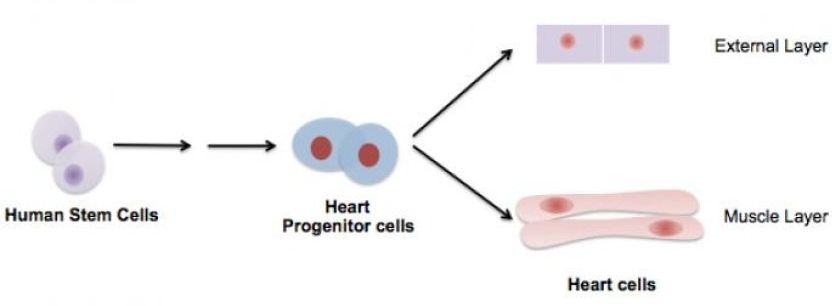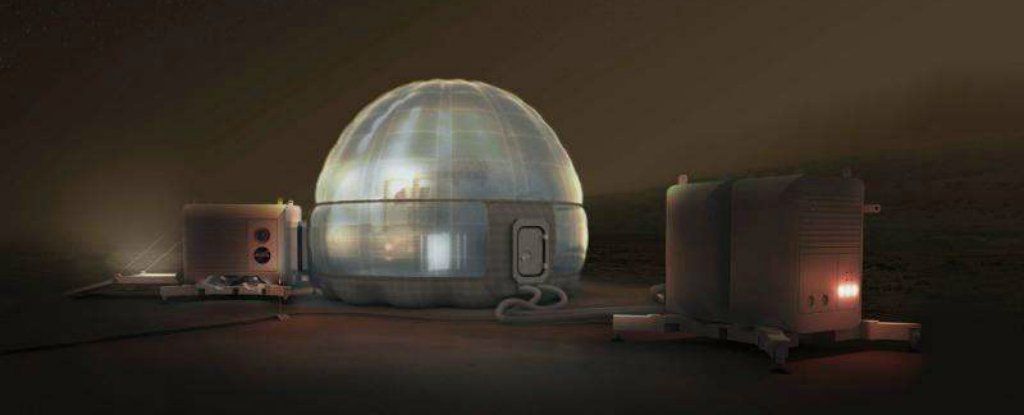- Exploiting the usage of 2 D crystals in methanol fuel cells
ChemEurpoe — Scientists from the School of Chemical Engineering and Analytical Science, in the University of Manchester have come up with a way to utilize 2D materials in an actual operating direct methanol fuel cell. They have shown that the addition of single layer graphene by Chemical vapour deposition, on to the membrane area has significantly reduced the methanol cross over at the same time obtaining negligible resistance to protons thereby enhancing the cell performance by 50%.
Fuel cells count as interesting energy technology of the near future, as they pave the way for the production of sustainable energy using simple hydrocarbons as fuels. They work by a simple operational mechanism with the fuel oxidation on one side, and oxidant reduction on other side, which liberates electrons used for electrical energy generation. A wide variety of fuels, short chain alcohols have been used so far. Methanol remains a favourable candidate due to its high energy density, ease of handling and other operational characteristics.








